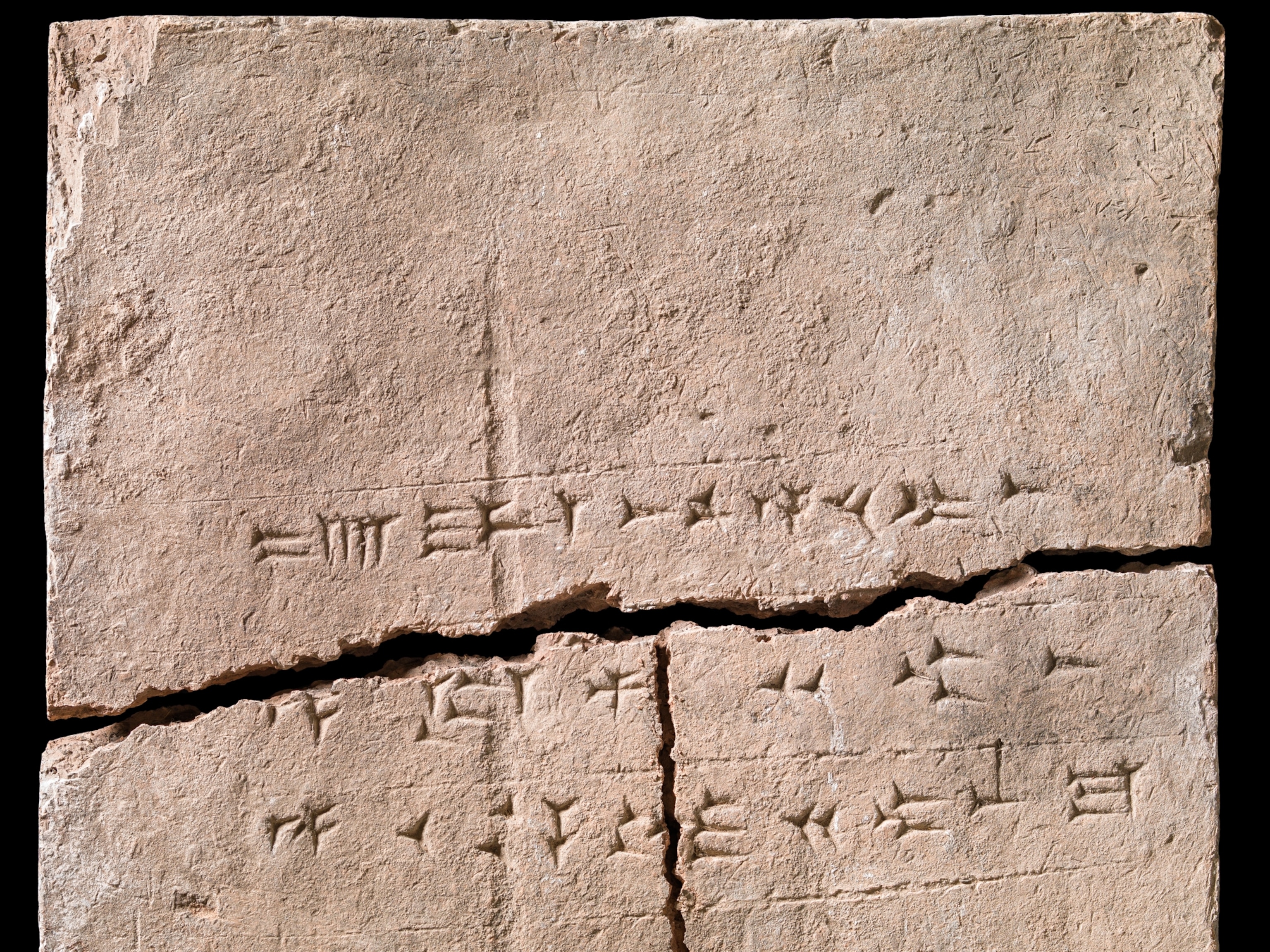Crumbling Ecosystem, Painful Memories Haunt Fishing Village
In his project “Dulce y Salada,” Jorge Panchoaga examines a fragile community in Colombia as their environment and culture is threatened


The village of Nueva Venecia floats deep within the arteries of the Magdalena River Estuary System in Colombia. The 400 families who live there in stilted houses share a deep connection with the water that surrounds them, depending on it for survival and sustenance even as it is being polluted and depleted by years of agricultural use dating back to the banana plantations of the 1900s. Today the main problem is untreated sewage from major cities. Many of the townspeople are unable to afford purified water which means drinking water from the river as is.

Jorge Panchoaga first visited Nueva Venecia (which translates to “New Venice" in English) in 2010 as part of a study on Colombia’s cultural heritage. A photographer and an anthropologist, Panchoaga quickly discovered two fundamental influences on the collective psyche of this community. One was their deep-rooted connection to their environment and the inherent challenges posed by years of misuse beyond their control. The other was a painful memory of an incursion in 2000 by a Colombian paramilitary group that left between 35 and 40 fishermen dead.


Panchoaga was inspired to translate this experience, using the three states of water— liquid, solid, and gas—as a metaphor for memory in a body of work called "Dulce y Salada" —"Sweet and Salty" in English.
The liquid state, he says, “compares the liquid form of water in the river channel to the way social memory works … [the water] is constantly moving and changing, just like social memory.”








The gaseous is akin to “the stage of forgetting in the human world.” To do this he developed his 120 millimeter black-and-white film with water from various Colombian rivers to affect the image as it exists in a physical state.
Finally, Panchoaga froze objects of importance in blocks of ice and photographed them as a means to preserve the legacy of the villagers' experience. “Ice is the form in which the land remembers our presence,” he says.


Now is the time when Panchoaga feels all of the issues of the past, present, and future are coming to a head. “We believe that the whole ecosystem is in crisis,” he says. The problems with water now come down to their main source of food and income—fish. “If the pressure on and crisis in the marshlands continue, the townspeople in coming years will have nothing to fish and their life on the water will be jeopardized.”

Jorge Panchoaga is a photographer based in Colombia. Follow him on Instagram. This interview was translated from Spanish.
You May Also Like
Go Further
Animals
- Octopuses have a lot of secrets. Can you guess 8 of them?
- Animals
- Feature
Octopuses have a lot of secrets. Can you guess 8 of them? - This biologist and her rescue dog help protect bears in the AndesThis biologist and her rescue dog help protect bears in the Andes
- An octopus invited this writer into her tank—and her secret worldAn octopus invited this writer into her tank—and her secret world
- Peace-loving bonobos are more aggressive than we thoughtPeace-loving bonobos are more aggressive than we thought
Environment
- Listen to 30 years of climate change transformed into haunting musicListen to 30 years of climate change transformed into haunting music
- This ancient society tried to stop El Niño—with child sacrificeThis ancient society tried to stop El Niño—with child sacrifice
- U.S. plans to clean its drinking water. What does that mean?U.S. plans to clean its drinking water. What does that mean?
- Food systems: supporting the triangle of food security, Video Story
- Paid Content
Food systems: supporting the triangle of food security - Will we ever solve the mystery of the Mima mounds?Will we ever solve the mystery of the Mima mounds?
History & Culture
- Strange clues in a Maya temple reveal a fiery political dramaStrange clues in a Maya temple reveal a fiery political drama
- How technology is revealing secrets in these ancient scrollsHow technology is revealing secrets in these ancient scrolls
- Pilgrimages aren’t just spiritual anymore. They’re a workout.Pilgrimages aren’t just spiritual anymore. They’re a workout.
- This ancient society tried to stop El Niño—with child sacrificeThis ancient society tried to stop El Niño—with child sacrifice
- This ancient cure was just revived in a lab. Does it work?This ancient cure was just revived in a lab. Does it work?
Science
- The unexpected health benefits of Ozempic and MounjaroThe unexpected health benefits of Ozempic and Mounjaro
- Do you have an inner monologue? Here’s what it reveals about you.Do you have an inner monologue? Here’s what it reveals about you.
- Jupiter’s volcanic moon Io has been erupting for billions of yearsJupiter’s volcanic moon Io has been erupting for billions of years
- This 80-foot-long sea monster was the killer whale of its timeThis 80-foot-long sea monster was the killer whale of its time
Travel
- Spend a night at the museum at these 7 spots around the worldSpend a night at the museum at these 7 spots around the world
- How nanobreweries are shaking up Portland's beer sceneHow nanobreweries are shaking up Portland's beer scene
- How to plan an epic summer trip to a national parkHow to plan an epic summer trip to a national park
- This town is the Alps' first European Capital of CultureThis town is the Alps' first European Capital of Culture




